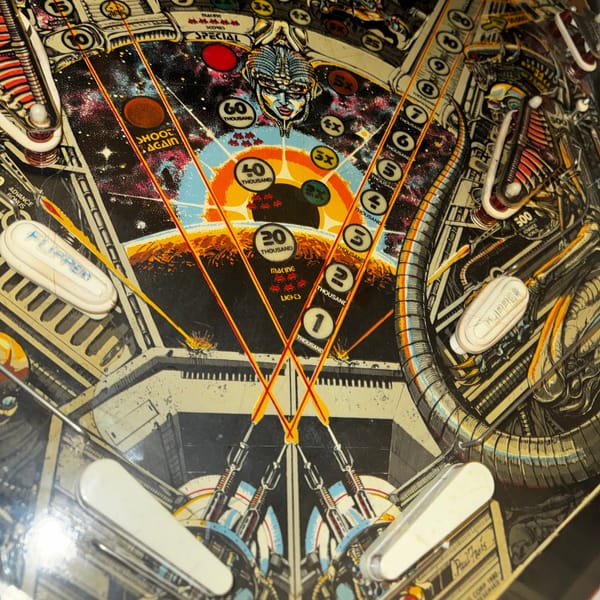Book Review of The Art Thief, Or How to Steal Beauty Without Selling a Thing
I came for the heist, but stayed for the unsettling portrait of obsession. The Art Thief is a slow-burn true crime story that got under my skin.

There are books that surprise you with their cleverness, and there are books that haunt you because of the questions they leave behind. Michael Finkel’s The Art Thief somehow manages to do both. When I picked it up, I expected a standard true crime account with museum break-ins, a clever criminal, and a ticking clock. What I got was something far more complicated—and far more human.
At the center of this story is a man named Stéphane Breitwieser, a soft-spoken, unassuming Frenchman who stole over 200 pieces of art from nearly 200 museums across Europe. He didn’t steal them to sell. He wasn’t part of a black-market network. He just wanted to keep them. To live among them. To wake up every morning surrounded by beauty that, in his mind, was being underappreciated by the world. That’s what drew me in. Because as strange as it sounds, I could understand the sentiment, even if I couldn’t excuse the actions.
What’s remarkable is how Finkel handles this tension. He never lets you forget that Breitwieser was committing a massive cultural crime. But he also doesn’t turn him into a cartoon villain. He gives us the full picture: the childlike reverence Breitwieser had for art, his meticulous methods, his near-religious devotion to his collection, and the unsettling quiet that surrounded all of it. I found myself flipping pages not to find out how he got caught—that part is inevitable—but to try to understand how someone could become so emotionally entangled with beauty that it warped their moral compass entirely.
I also appreciated that this wasn’t just a breathless recounting of heists. The book touches on deeper themes—how we assign value to art, who it “belongs” to, and how fragile the security of our cultural heritage actually is. There’s something deeply unsettling in realizing just how easy it was for Breitwieser to repeatedly walk out of galleries and small museums with priceless works tucked under his coat. And not because he was some master of disguise or hacker genius, but simply because he was observant, careful, and shamelessly bold.
Reading it felt like peeling back layers. One moment I was impressed by the nerve of this man, sneaking a 400-year-old sculpture out of a glass case. The next, I was deeply disturbed by the delusion required to justify what he was doing. And that conflict never fully resolves. Even now, I’m not sure how I feel about him. That, I think, is part of the book’s brilliance. It doesn’t tell you how to feel. It just presents the facts and invites you to sit with the discomfort.
Finkel’s writing style also worked perfectly for me. It’s clean, precise, and never overindulgent. He trusts the story to carry itself, which it does. The pacing is sharp but never rushed, and he has a gift for framing scenes so vividly that you can feel the tension humming beneath the surface. I could picture the hushed museum rooms, the creaking floors, the stolen paintings hanging crookedly in an attic room. It all felt so tangible and eerie that at times I forgot I was reading nonfiction.
What lingered with me most, though, wasn’t the heists or the eventual downfall—it was the psychological portrait that slowly formed across the chapters. Breitwieser isn’t some brilliant anti-hero or misunderstood savant. He’s complicated, frustrating, strangely principled in his own warped way, and utterly blind to the harm he caused. And yet, I found myself oddly riveted by him. It’s like watching someone build a cathedral out of stolen stones. You’re horrified, but you also can’t look away.
If you’re drawn to stories that live in the moral gray zones, The Art Thief is worth your time. It’s part mystery, part character study, part meditation on beauty and possession. It made me rethink the purpose of museums, the value of shared culture, and the danger of loving something so much that you end up destroying it. I thought I was picking up a book about stolen paintings. What I got was a chilling look at what happens when admiration turns into obsession—and when that obsession quietly tiptoes into c




